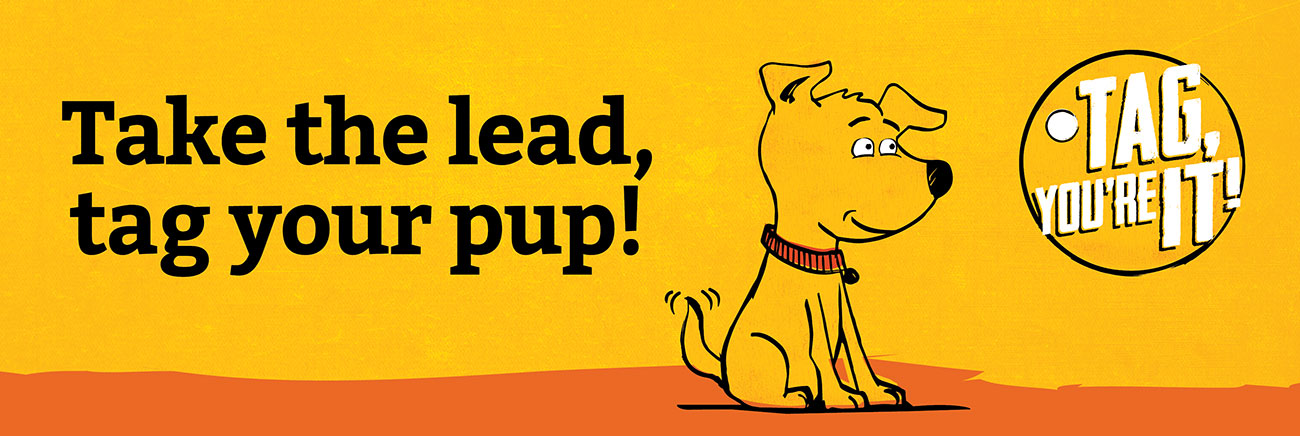Dog Licenses and Laws

All dogs in Clackamas County must be licensed
County residents must purchase dog licenses from Clackamas County Dog Services, except residents of Happy Valley and Lake Oswego (who must purchase a license from their city) and Tualatin (who must purchase a dog license from Washington County).
A dog owner must license a dog:
- When the dog is 6 months of age or grows its permanent canine teeth, whichever comes first;
- Within 30 days of becoming owner or keeper, or
- Within 30 days of moving to the county.
Contact us at 503-655-8628 or doglicensing@clackamas.us if you have any questions.
How to buy a Clackamas County dog license
Step 1: Gather the following documents and information
- dog information (name, age, color, breed)
- the name of your dog's veterinarian
- current rabies certificate with vaccination and expiration date
- proof of spay or neuter (if applicable)
- method of payment
| License time period | Spayed/neutered dog | Fertile dog |
|---|---|---|
1 year | $30 | $50 |
3 years | $90 | $150 |
| Replacement tag | $5 | |
Step 2: Use one of the following methods to buy the license
There are three ways to buy a Clackamas County dog license.
Order online
You must have a current rabies vaccine. It may take 4-6 weeks to receive your tag.
In person
- Purchase a license at the office of a participating local veterinarian
- Purchase a license from us during business hours at:
Clackamas County Dog Services
13141 SE Hwy 212
Clackamas, OR 97015
By mail
- Print the application and mail it and your current rabies certificate and proof of spay or neuter (if applicable) and check or money order to:
Clackamas County
DTD Administration (MS-1)
150 Beavercreek Road
Oregon City, OR 97045
Benefits of licensing
In addition to meeting the requirements of the law, dog licenses benefit neighborhoods, pet owners and animals. These benefits include:
Finding your dog faster
- Lost dogs are quickly reunited with their owners. A license tells everyone that your dog is not a homeless stray.
- Maintaining an active license allows a Dog Services officer to return your dog to your home and provides for a longer hold time for your dog at the shelter before we start looking for a new home for the dog.
- If your dog ends up at our shelter, the first impound fee of $65 will be waived (daily boarding fee would still apply). Subsequent impound fees would apply if your dog is brought to our shelter again within 12 months.
Licensing fees provide support for all county dogs, including:
- Helping to pay for the care of homeless animals while we find them adoptable homes.
- Providing emergency medical care for dogs found injured.
- Providing resources so the county can protect neighborhoods from dangerous dogs and investigate dog bite incidents, animal cruelty, abuse, abandonment and neglect.
Special circumstances
- If you no longer own your dog, you can update the license online.
- Dog licenses are non-refundable and non-transferable.
- Did you get a new puppy? We offer a free puppy tag when the dog is less than six months old. Reach out to us to learn more.
- Do you have four or more dogs? Then you may want to save money by purchasing a multiple dog license.
 Translate
Translate





